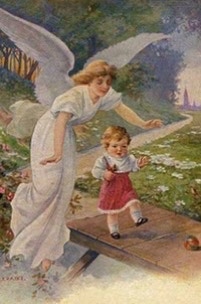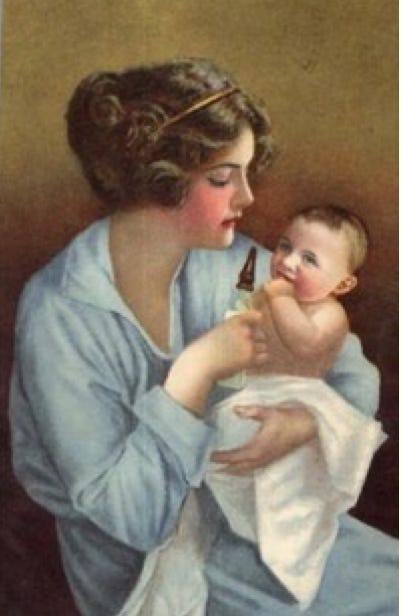RSV is a respiratory virus that can cause pneumonia in the spaces between the air sacs of your lungs. This space is called the "syncytium", hence the name RSV, Respiratory Syncytial Virus. No wonder they just call it by its initials!
RSV is mainly a problem for small children and babies, since a small amount of swelling in the lung's airways can lead to great difficulty breathing if your airways are very small to start with. Older children and adults who get RSV infections get symptoms of a bad chest cold.
In smaller children, usually under age 3, RSV can cause wheezing symptoms similar to asthma. The wheezing is caused by swelling in the smallest airways where they lead to the air sacs of the lung. The air can enter easily, but then gets trapped by the swelling, and the child has to push hard to get the air out, resulting in a wheezing noise. In general we try to treat this wheezing with asthma medicines like steroids and albuterol, but they don't work as well, because the wheezing is from swelling, not smooth muscle tightness as in asthma. In RSV, we generally expect the wheezing to last a week or two until the virus runs its course.
If it gets bad enough, the blockage can limit the amount of oxygen that a child gets. Giving extra oxygen is the main treatment for this, and is the main reason for putting babies in the hospital for RSV. If the oxygen level is staying normal, as is the case for most children with RSV, and there are no other complications such as dehydration, there is no need for hospitalization.
Another complication from RSV in babies is apnea, where an infant stops breathing for several seconds. Apnea can also lead to low oxygen levels. This is more common in premature babies, but could also happen in other babies under 6 months.
The main sign to watch for (for RSV) is breathing in easily, but pushing hard to get the air out. The breathing is also noisier when breathing out, sounding raspy or sometimes making a squeaking or whistling noise. If you notice these signs, especially if your child is breathing more rapidly than usual, call the doctor.
Rapid breathing, fever, and pushing hard to breathe out are the major warning signs of RSV.
Premature babies are more likely to need hospitalization with RSV. Babies who are born at 35 weeks gestation or earlier are eligible to receive monthly shots to reduce RSV infection during the first year. The shots (containing antibodies against RSV) are given each month from November to March when risk of RSV is highest. The shots can reduce the risk of getting RSV, and also reduce the risk of being hospitalized if the baby does get RSV.


